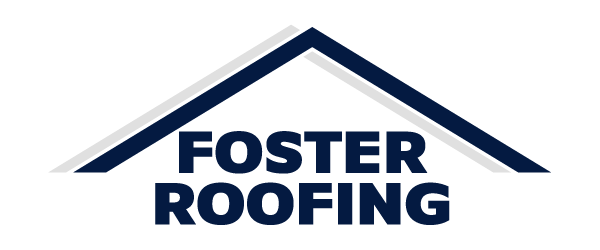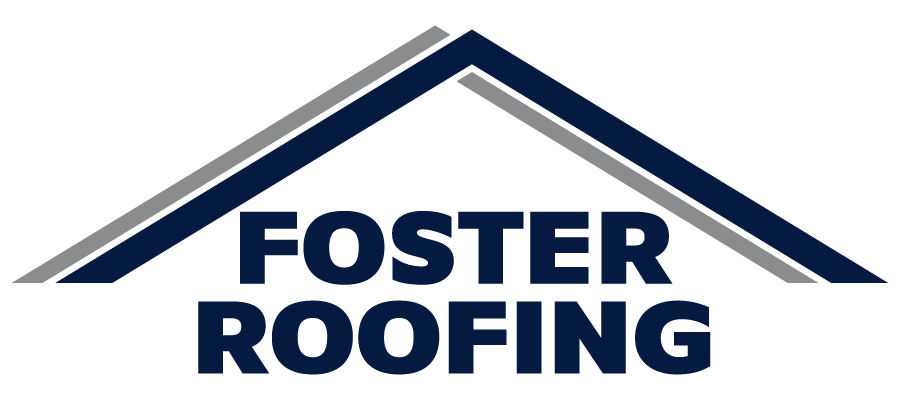Everything You Need To Know About Roofing Insurance
When it comes to roofing insurance, most people are understandably uninformed. Some people know absolutely nothing about roofing insurance as they have never had significant damage to their roof. However, it’s only a matter of time until your roof is damaged, and you have to file a claim.
Here is a quick look at the most important things you should know about roofing insurance:
Go Through the Fine Print of Your Roofing Insurance Claim
Most people aren’t aware of the fact that they must provide the roof repair or replacement invoice to the insurance provider. The roofing insurance provider won’t take any action until you send in the invoice that details the work done to your roof and the cost of that work. Fail to provide the insurance provider with this essential document, and you’ll be left waiting indefinitely for a response from the insurance company.
The bottom line is your claim will be stuck in limbo unless you are proactive and have the invoice sent over to the roofing insurance provider promptly. Once the invoice is received, the insurer will begin analyzing your claim and hopefully compensate you for the work done on your roof.
The Difference Between RCV and ACV
The acronym RCV is short for replacement cash value. ACV is short for actual cash value. Each type of insurance coverage is available for those who own homes as well as those who rent.
The primary difference between RCV and ACV is the benefit paid to the claimant. Those who have RCV coverage are provided with compensation for the loss minus the deductible to replace the actual cost of the item damaged, stolen, or lost. Those who have an ACV home insurance policy or a renters’ insurance policy are compensated for the actual cash value of the item damaged, stolen, or lost. In other words, depreciation is included when determining the item’s final cost. Unfortunately, you have to pay the difference when buying the replacement.
RCV is slightly different in the context of a homeowners’ policy. An RCV policy for homeowners provides coverage for the home structures in the event the property is damaged. Any qualifying event allows the homeowner to receive adequate funding to repair or replace the home, so it reaches its former state. The payment can be issued to you, the homeowner, or it can be provided to those who perform the repair.
Actual coverage through RCV is similar. The correct cost of repairing or replacing the home is paid after the qualifying event. However, rather than receiving payment, the owner of the property is given compensation after the claim is processed. At this point, the property owner can commence repairs/replacement to finish the job.
The nuance of the renter’s policy is that any damage is covered. If the tenant causes the damage, the renter’s policy will pay the RCV as long as the act(s) in question is covered. However, when it comes to homeowners’ policies, specific events, such as those that are accidental, might not be included as it causes a particular type of damage. Furthermore, homeowners who purchase RCV must have their home inspected while those who buy renters’ RCV do not require any such inspection.
Foster Roofing is on Your Side
Does your roof need repair, maintenance, or replacement? If you’re confident your roof needs such attention or are even slightly suspicious, your roof might benefit from the expertise of our professional roofers, reach out to us right away. You can contact Foster Roofing by dialing (479) 751-2300 if you live in the greater Northwest Arkansas area or (479) 308-0413 if you live in, the greater River Valley area.



